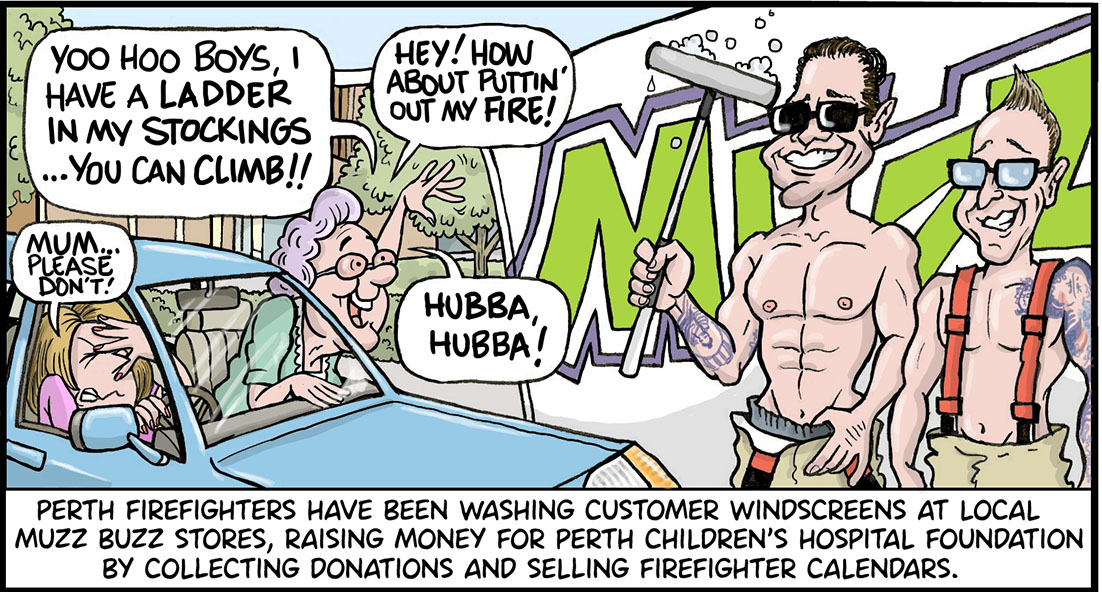
Rat trap response
Dear Echo News,
I write in response to Rat trap dilemma (Echo News, December 8).
Firstly, I would like to acknowledge that the point made about second generation anticoagulant rodenticides (SGARs) needing to be removed from the shelves is indeed valid. Those involved in the campaign to do just that have been frustrated by the lack of action by the authority needing to make this critical decision, the Australian Pesticides and Veterinary Medicines Authority (APVMA), who, it seems, have largely ignored the mounting evidence that SGARs pose an increasing threat to both wildlife, domestic animals, and humans.
Delayed decision-making and an ongoing request for further evidence (while relying on existing research without funding new research) is so typical of the ‘top down’ method of political change we keep hoping will fix a growing list of increasingly urgent, societal issues. However, when such top-down processes constantly fail, the alternative is ‘bottom-up’ campaigns that, to be effective, require a painstakingly slow accumulation of momentum at the community and grass roots level.
This approach is too often too slow to effect timely change, but it’s not for lack of effort by passionate individuals volunteering their time and energy, such as owl friendly Margaret River and those advocating for an owl friendly Mundaring.
Another point made in the letter that requires addressing is the opening question, apparently asked at a protecting wildlife presentation: “why do we rarely see eagles in the hills?”
The answer the author ‘was given’ is a common but misguided response that I have also heard peddled by several organisations specialising in the care and rehabilitation of birds of prey.
Such ‘public educators’ often lack professional environmental qualifications and ecological field experience, both of which are essential for understanding critical aspects of raptor ecology needed to properly address the question.
While rodenticides may certainly be an issue for our nocturnal raptors (boobook owl, barn owl, masked owl), most diurnal raptors of the Perth Hills region (at least 10 species, including both the little eagle and wedge-tailed eagle) seldom eat rats, and are present as healthy, wild, free-ranging breeding populations.
The real reason such birds are seldom seen is because they live at very low density (one pair for tens of square kilometres), and their behaviour (very often perched and inactive, or soaring at very high altitudes beyond the peripheral vision of most humans) means the probability of encountering them at any given time is very low.
This doesn’t mean they aren’t there; one just needs to be aware of when and where to look to see them.
I too am a strong advocate for immediate social and economic change when it comes to protecting our wildlife, but the most important first step in this process is to ensure that everyone – both leading authorities and the general public – have their facts straight.
S Cherriman
Mt Helena
--------------------------------------------------------------------Lungs at risk?
Dear Echo News,
In Kalamunda’s national parklands recognised (Echo News, December 8) City of Kalamunda Mayor Margaret Thomas emphasised the city’s commitment to preserving our natural heritage and ensuring ecosystem sustainability.
The article quotes her as saying “the region has long been known as the lungs of Perth…” and “the city is committed to preserving our natural heritage and ensuring long-term sustainability of our ecosystem.”
In my opinion, these statements stand in stark contrast to the mayor’s publicly declared support for the housing development in Maida Vale South.
I believe it’s evident that the actions proposed in the name of development not only contradict the city’s stated values but also showcase a precedence of prioritising financial gains for the city in pursuit of more rates over community well-being and environmental preservation.
C Dornan
Wattle Grove
--------------------------------------------------------------------Thank you
Dear Echo News,
Thank you for the celebration milestone Volunteer hills fire brigade celebrates 80 years of service (Echo News, December 15).
The Darlington Volunteer Bush Fire Brigade appreciates the ongoing support of the Echo News, and we wish you and your team all the best for the Christmas period and into the new year.
R Harvey
DVBFB